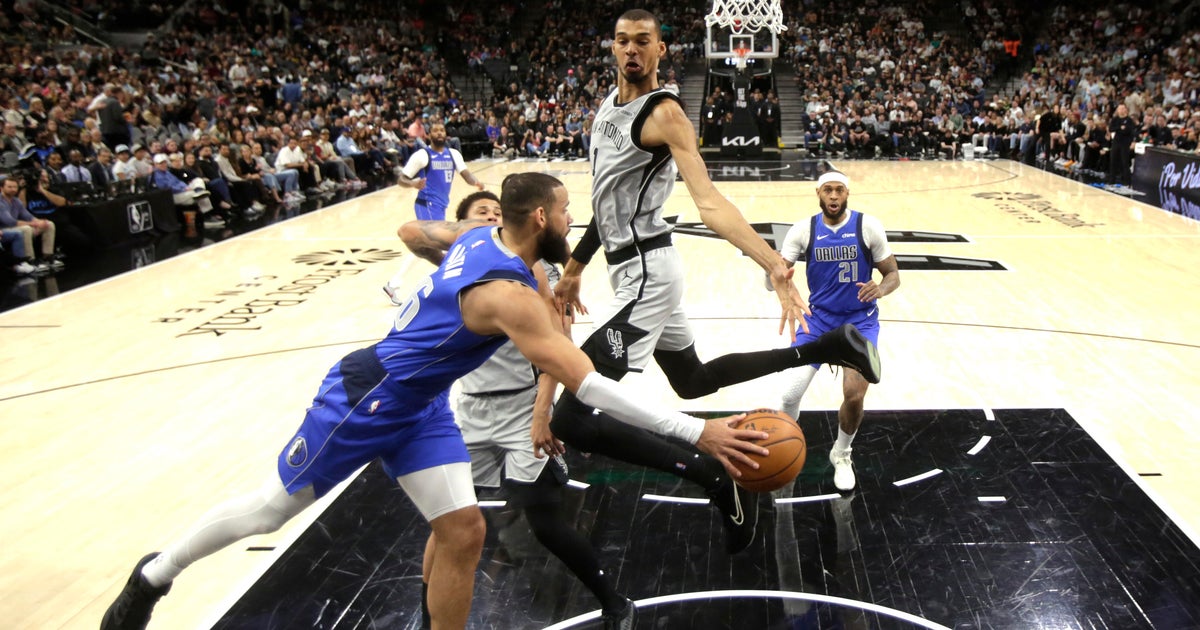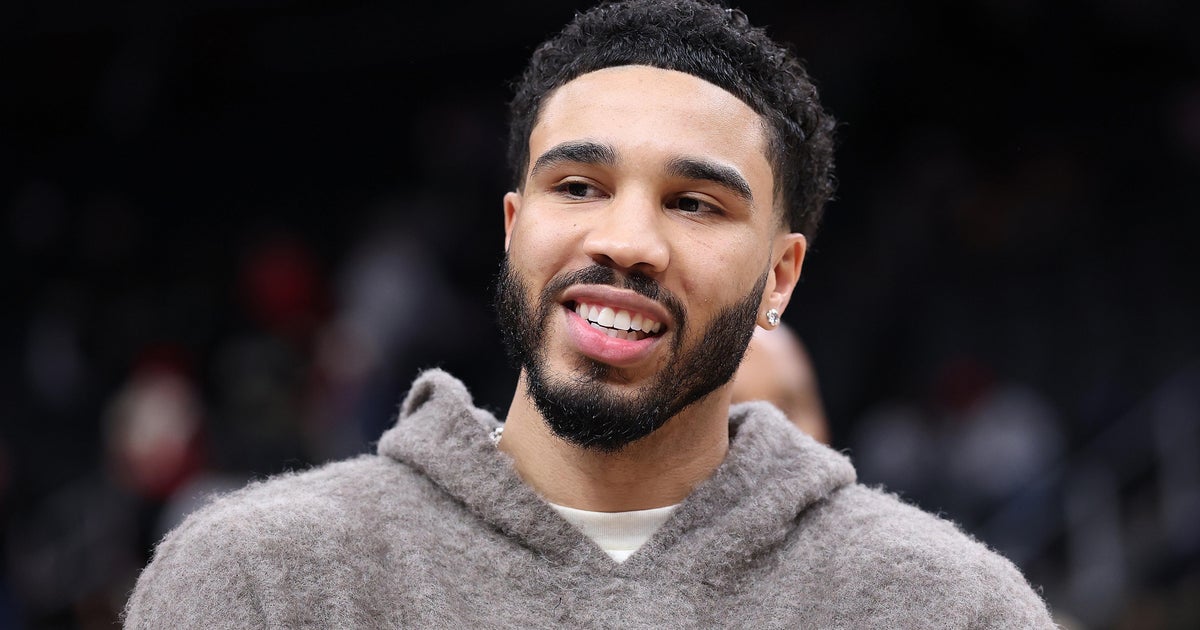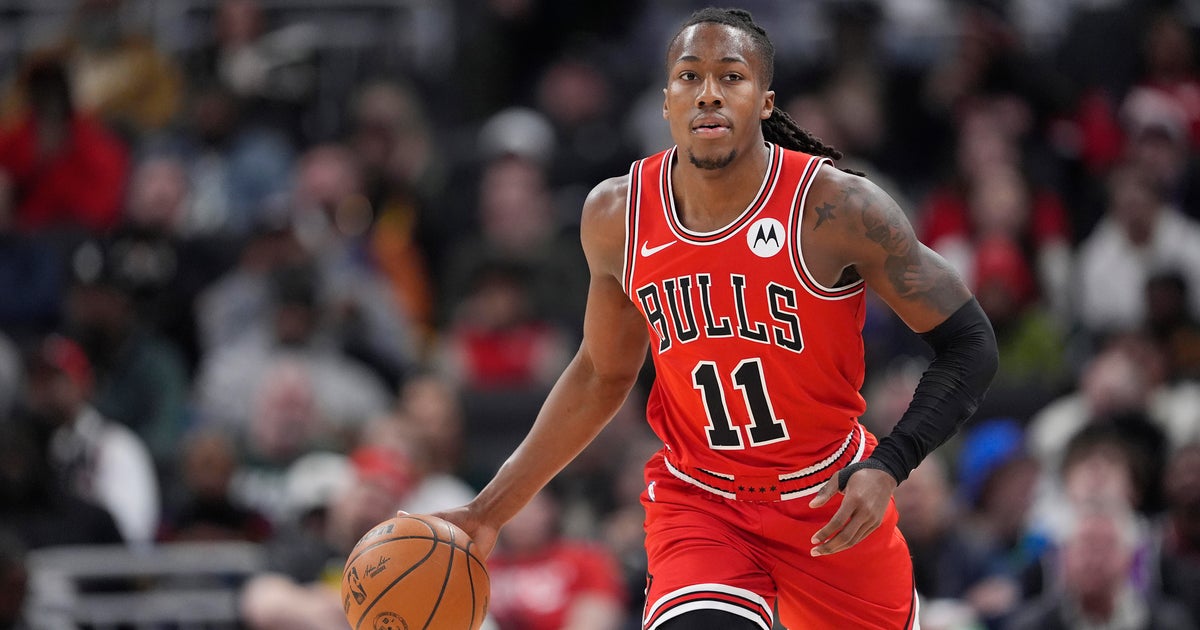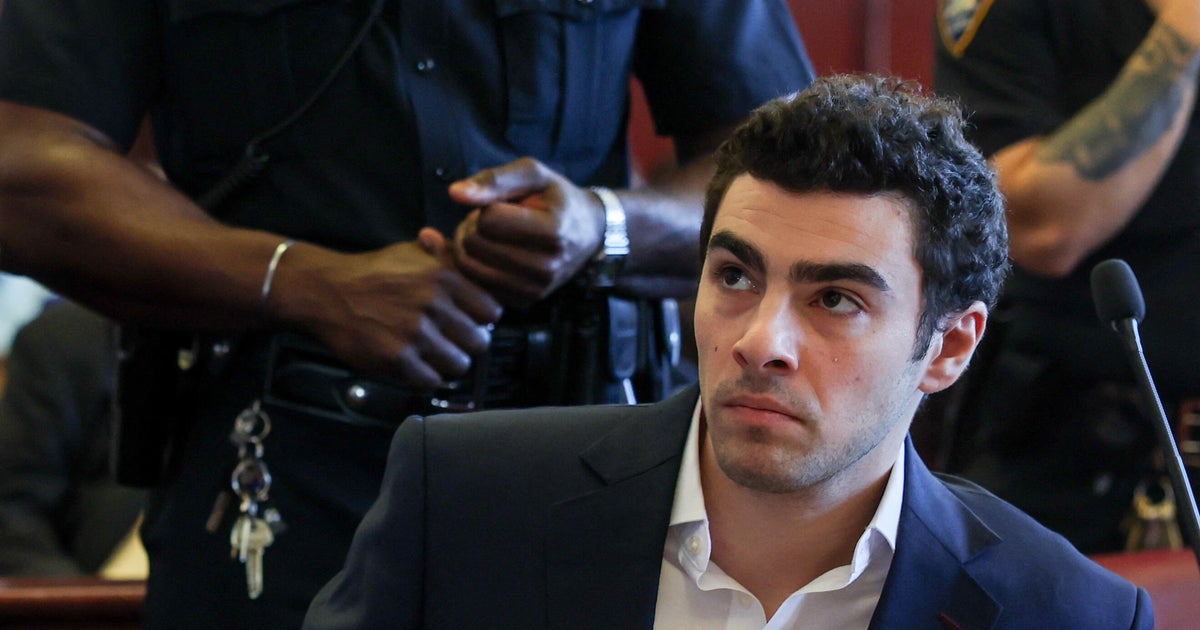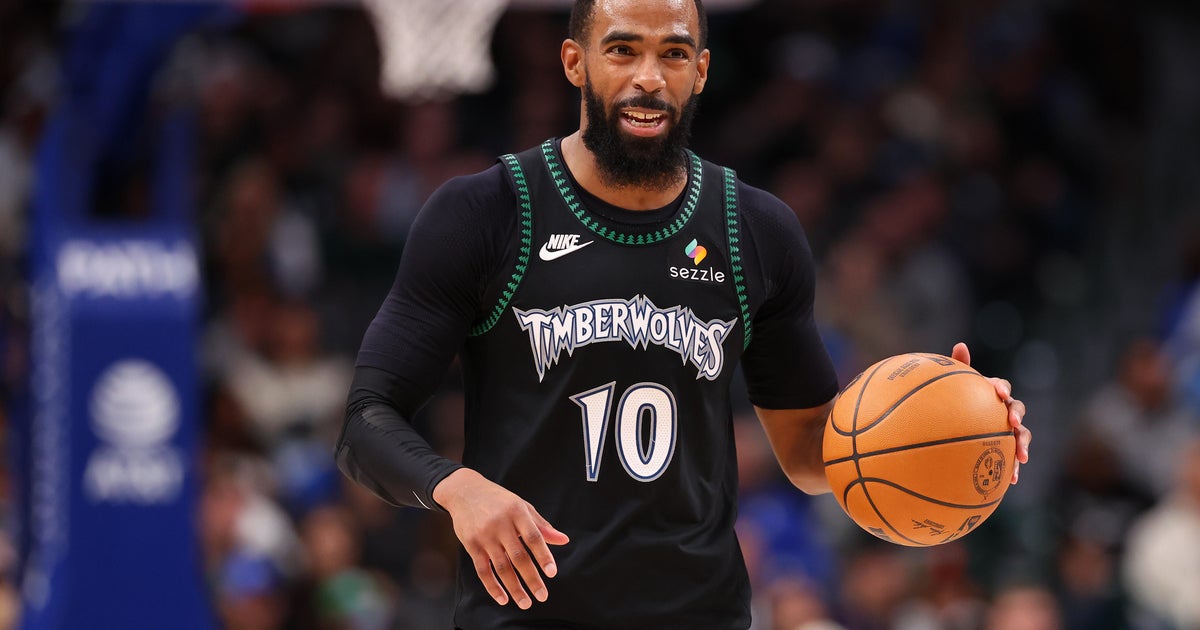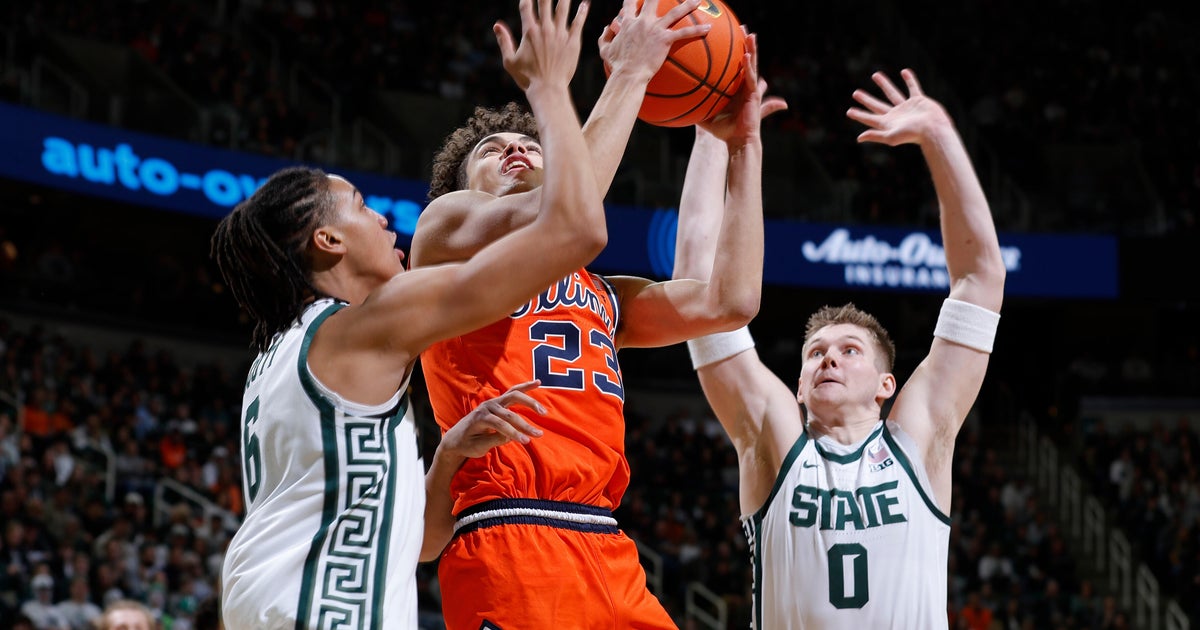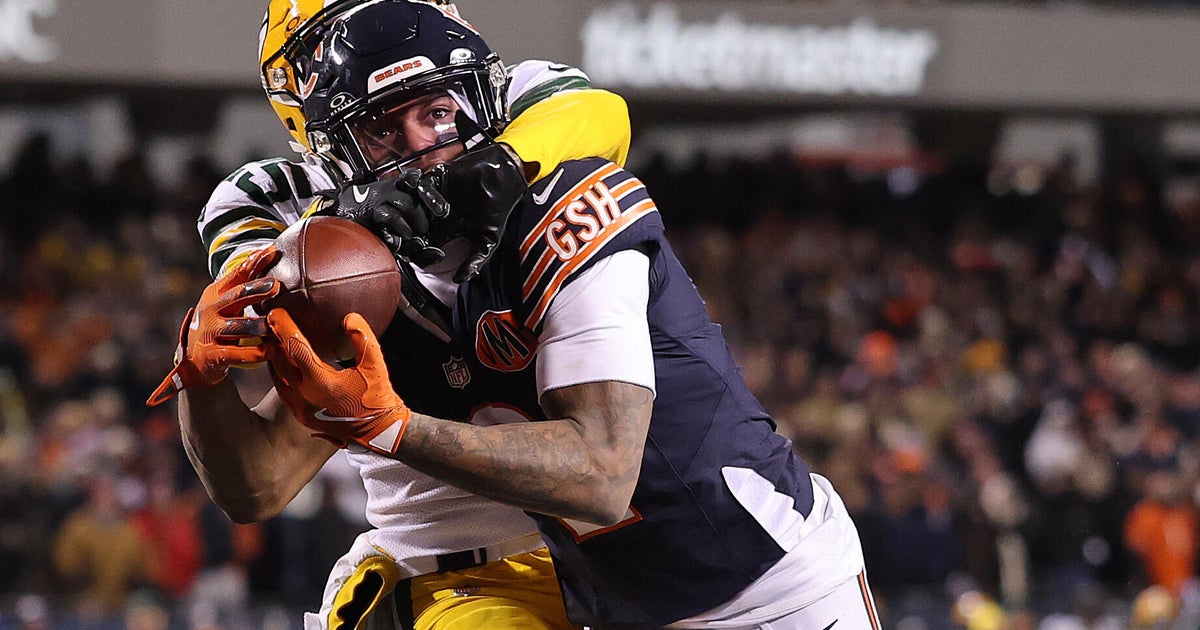Thompson: More Head Trauma
By Brad Thompson--
Progress is being made regarding head trauma and concussions in sports, it's just taken longer than it should.
On Wednesday, reports surfaced acknowledging that researchers at Boston University had found a degenerative disease in the brain tissue donated by former NHL enforcer and Blackhawks defenseman Bob Probert. While it's clear that he had chronic traumatic encephalopathy when he died last July of heart failure at age 45, it's unclear how much playing hockey or fighting during games contributed. Probert fought 246 times during his 16 NHL seasons and racked up 3,300 penalty minutes.
In February, the news of Dave Duerson's suicide sent shock waves across the country and certainly caught the attention of current and former NFL players. Duerson requested that his family donate his brain to the NFL brain bank for study. We may never know or understand why Duerson took his own life, but some suggest that playing football may have contributed to his death.
This news has been hard to swallow, particularly here in the Windy City, where both athletes played their hearts out for Chicago franchises. It begs the questions – is enough being done to prevent and treat concussions and brain injuries in sports?
As sad and depressing as the stories are that continue to come out about the physical and mental health problems of former athletes – progress is being made. It's easy to point out that it's not happening fast enough and certainly I agree with that, but recently several players have shown me that we are starting to understand just how severe concussions and head injuries can be.
Minnesota Twins first baseman and 2006 AL MVP, Justin Morneau suffered a concussion on July 7 last year and sat out the rest of the season. He took the field last week in spring training for the first time since his injury, yet the Twins still don't know when he'll be in lineup for good.
Pittsburgh Penguins' superstar Sidney Crosby is patiently recovering from a hit on January 5. The Penguins, who are battling for playoff positioning, sorely miss him, yet there is no timetable for his return.
Steve Threet, Arizona State's starting quarterback, called it quits at the end of February. Why isn't he playing his senior season? He suffered two concussions last season and still hasn't recovered from the last one in November. Doctors told him another concussion could be debilitating.
All three of these player's situations are different, but the way they 're handling things gives me hope that we are starting to approach and deal with concussions in a more sensible way.
When I first heard Morneau still wasn't able to play at the start of spring training I thought – how could that be? The guy was hurt last July; he still isn't healthy? It just shows how severe these injuries can be. As Threet demonstrated, gambling with your brain is just not worth it sometimes, even if it means giving up a sport he loves.
I don't know if Crosby or Morneau are making the final decisions or if its team doctors, but whoever is treating them and helping through the recover process might be indirectly helping the next player who suffers a concussion. With two big-time players not rushing back until they are absolutely healthy shows me that players are beginning to understand the effects of brain injuries.
I don't have to know Threet, Morneau or Crosby personally to know that they wish they were playing. Competitive athletes don't enjoy sitting out, but the way they've handled their injuries might change how others think about brain injuries.
Sports like the NFL and NHL are making rule changes in hopes of making the sports safer. Should it have happened a few decades ago? Absolutely, but at least some athlete's mindsets have changed regarding the risks involved.
It'll take more changes and better understanding from everyone involved – owners, players, doctors, trainers, coaches and parents – for sports to become safer. It's hard to be satisfied with the speed of the progress, but it is being made.
Do you agree with Brad? Post your comments below.
Brad M. Thompson, a former college football player and coach, made his return to the Midwest in 2009 after fighting wildfires out West. He earned his master's degree from the Medill School of Journalism at Northwestern University and covers the Big Ten Conference and Chicago sports. Follow him on Twitter at @Brad_M_Thompson. Find more of Brad's blogs here.
